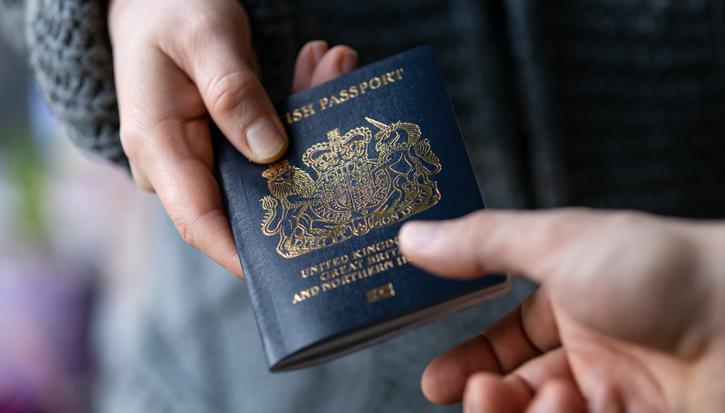Northern prosperity is national prosperity: A strategy for revitalising the UK economy
Article
'In our final report, we have brought together a strategy for growth that we believe can make a significant difference; a strategy for growth that can unlock much of the potential in the north of England which currently lies untapped; a strategy for growth that will ensure that northern prosperity is national prosperity ...
'Far from being a drag on the national economy, the North can be the place where our fiscal challenges can be consigned to the past and a new type of responsible, resilient capitalism can flourish.'
Geoff Muirhead
Chair, Northern Economic Futures Commission
The report starts with a vision for the North:
We believe that the north of England is capable of taking its place in the ranks of the most successful northern European economies, with competitive companies trading in global markets, a fully employed and well-skilled workforce, and strong civic leadership that supports growth and shared prosperity.
Alongside a raft of recommendations focused on jobs and skills, innovation, SMEs, natural assets, transport, housing, spatial policy, finance and investment, and institutions, indicators and monitoring, the report presents a 12-point plan for growth:
- increasing private sector employment in the North by 500,000 in the next decade
- doubling the number of young people in advanced apprenticeships by 2015
- devolving a significant proportion of skills and welfare-to-work funding to local authorities, city-regions and LEPs
- forming a Northern Innovation Council, endowed with £1 billion from the sale of the 4G spectrum
- forming a Northern Investment and Trade Board to secure higher levels of inward investment and boost export capacity
- decentralising transport powers to local authorities and passenger transport executives, and creating a new body - Transport for the North
- establishing Manchester Airport as a second international airport hub for the UK and reducing air passenger duty at northern airports to the lowest levels (band A) for all flights for an initial period of three years
- decentralising housing finance - housing benefit and capital funding for building homes - into subregional housing funds
- creating a northern investment capacity within the British Investment Bank
- forming a single funding pot for economic growth in LEP areas and, over time, moving to a more simple and radical localisation of business rates
- developing more transparent governance arrangements based on the combined authority model and further consideration for 'metro mayors'
- establishing a Northern Leadership Convention, N11 Leaders' Summit and Northern Future Leaders Academy, to provide an annual focus for leadership and planning.
Related items

Women in Scotland: the gendered impact of care on financial stability and well-being
Women in Scotland are far likelier than men to take on childcare and other caring responsibilities, which puts them at an economic disadvantage.
Citizenship: A race to the bottom?
The ability to move from temporary immigration status to settlement, and ultimately to citizenship, is the cornerstone of a fair and functional immigration system.
Reflections on International Women's Day 2025
In a world that currently seems increasingly dominated by ‘strong man’ politics and macho posturing, this International Women’s Day it seems more important than ever to take stock of where we are on the representation of women in politics.